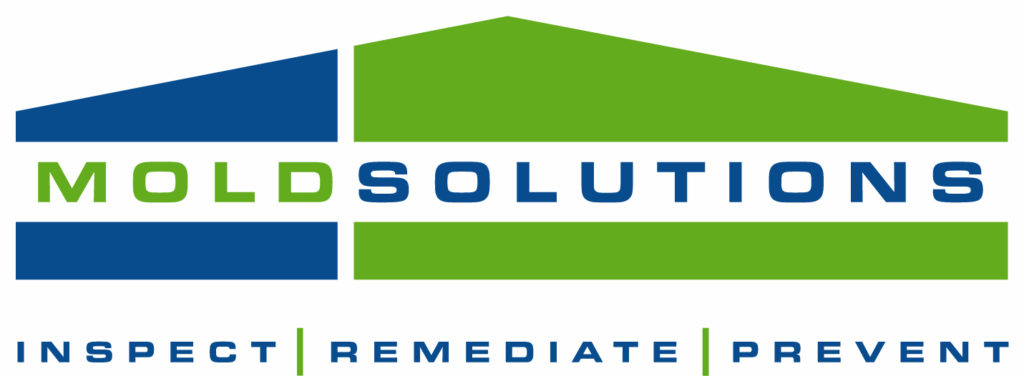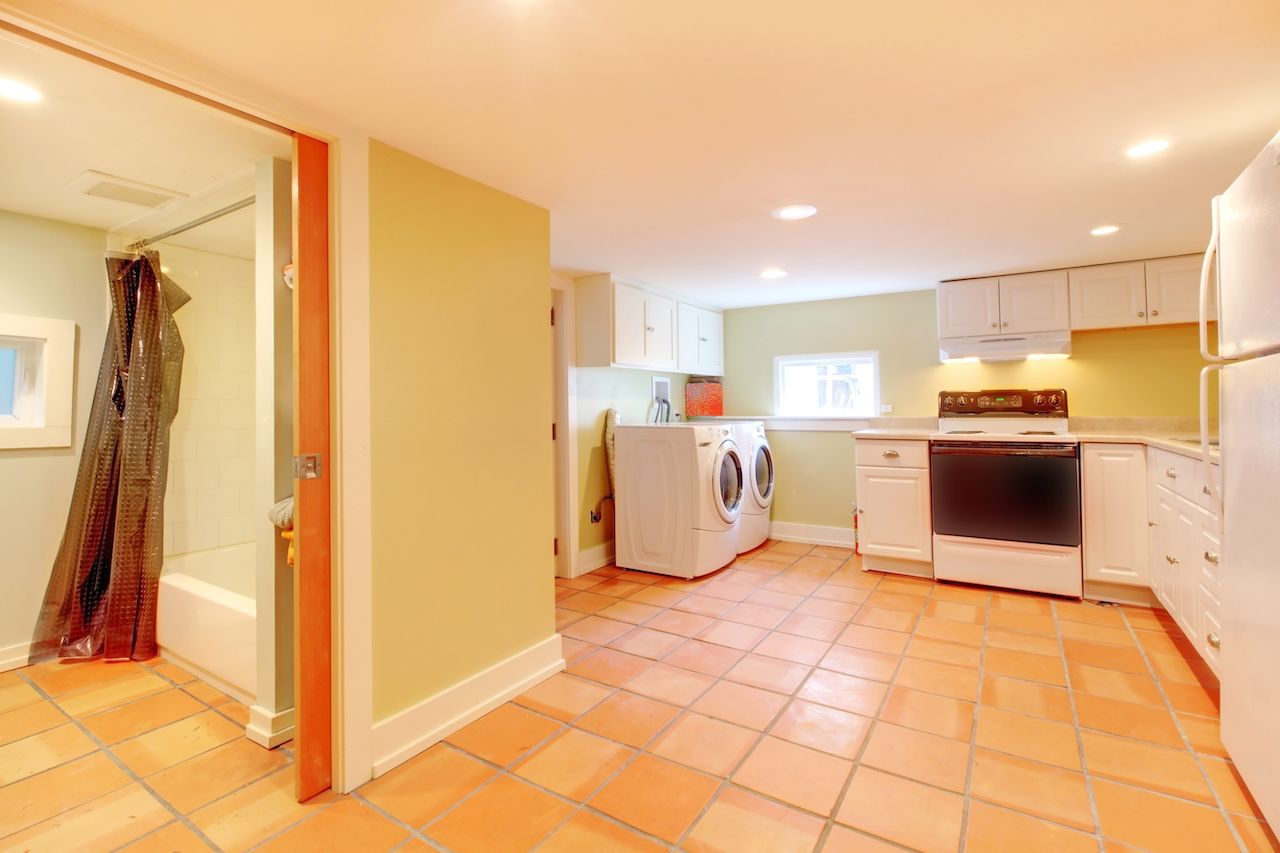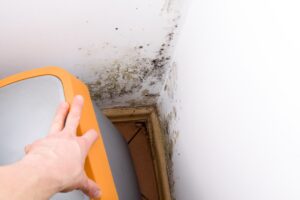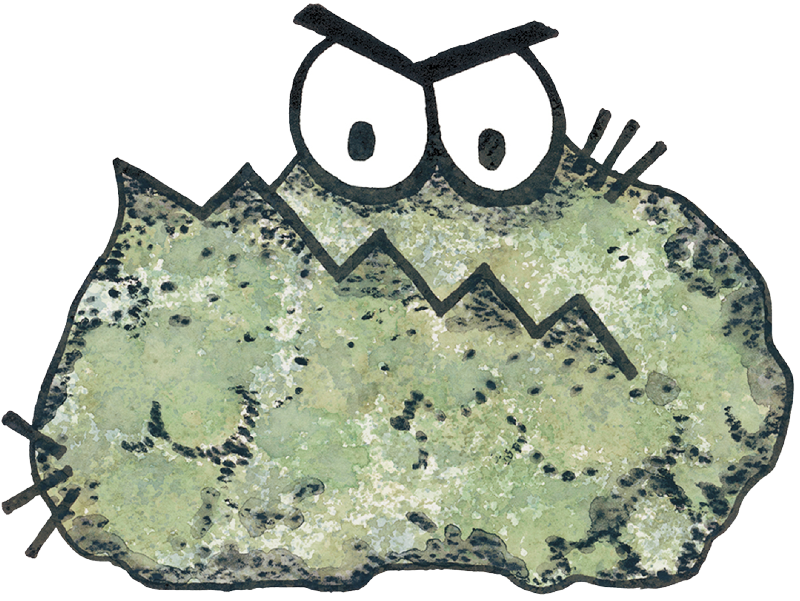In most homes, finished basements are used for storage, as playrooms, or as little nooks where people can relax. However, these spaces are often prone to flooding, mold, and water damage, mostly due to their location in a home.
Luckily, you can avoid these types of damage by picking suitable materials for your basement floors. They can make a solid foundation that will allow you to safely enjoy your basement for years to come.
If you’re unsure of where to start, follow along. Here are all the materials that you can use for your basement floors.
Ceramic
When it comes to basement floors, you can never go wrong with ceramic tiles. They are an excellent choice because you can install them directly over your concrete floor, which saves you both time and money.
But most importantly, ceramic is highly resistant to water damage and flooding. In other words, even if your basement floods, the tiles will most likely remain unaffected. Thus, all you’ll need to do is clean the floor, and your basement floors will be as good as new.
The only disadvantage of quality ceramic tiles is that they can be a bit pricey. Still, their quality and durability certainly make up for that fact.
Vinyl
If you’d like something cheaper than ceramic but still sturdy enough to sustain regular moisture, vinyl tiles are the way to go. Just make sure your floor is 100% even before applying the tiles so that there are no openings for the moisture to seep through.
What most people love about vinyl is its stylistic versatility. Namely, you can find a color and pattern that suits just about anyone’s taste. Plus, once you invest in the tiles, your floor will be set for at least 5 years.
Moreover, you can also combine vinyl with soft area rugs, which isn’t really the case with ceramic. By combining them, you can get the best mixture of comfort, style, and safety for your basement.
What About Wood and Carpeting?
While they look aesthetically pleasing and are quite sturdy, wooden floors — be they laminate or hardwood — aren’t a good fit for basements. The same goes for fabric carpeting. These materials are easily damaged by water, and replacing them may be hard on your budget.
Thus, it’s best to stick to vinyl and ceramic, especially if you already know that your basement is prone to flooding or mold.
Make the Best Decision for Your Basement
If you need materials that sustain constant moisture and potential flooding, vinyl and ceramic should be your number one choice. But before you make your decision, it is best to consult experts in mold and moisture remediation. That way, you will know that you undoubtedly picked what’s best for your basement and home.








